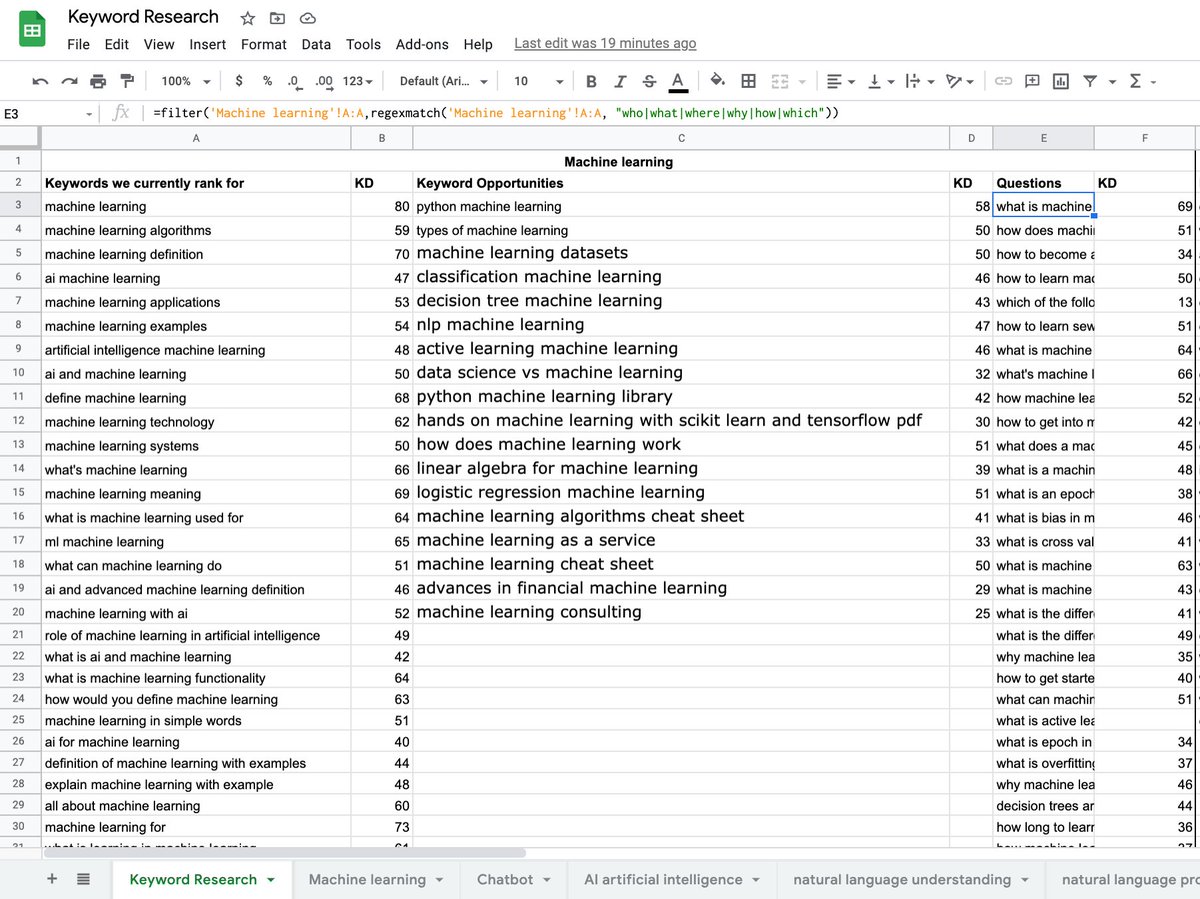
Automatically Generate Your Meta Descriptions Using Python And BERT
If you want a quick and dirty way to programmatically meta descriptions at scale using Python, this is the tutorial for you.
If you want a quick and dirty way to programmatically meta descriptions at scale using Python, this is the tutorial for you.
Meta descriptions are used as part of the site’s metadata, as well as shown in SERPs to provide search engine users with a brief summary of a page.
They impact search rankings indirectly. By being visible in the SERPs, meta descriptions can impact the click-through ratio (CTR).
They impact search rankings indirectly. By being visible in the SERPs, meta descriptions can impact the click-through ratio (CTR).
If your site has thousands or even millions of pages, hand-crafting description meta tags probably isn't feasible. In this case, you could automatically generate description meta tags based on each page's content.
-Google
In this tutorial, we will use the BERT extractive summarizer model to programmatically generate meta descriptions.
In the most #beginner friendly way possible, too.
Here is a link to the Jupyter notebook: github.com/lazarinastoy/m…
In the most #beginner friendly way possible, too.
Here is a link to the Jupyter notebook: github.com/lazarinastoy/m…
Taking you step-by-step and also including:
-a crash course on MDs & BERT
-how to audit for missing MDs & scrape content via @screamingfrog
-auto-generate MDs w/ Python
-optimize for better CTR
+ bonus approaches
⬇️
lazarinastoy.com/automatically-…
-a crash course on MDs & BERT
-how to audit for missing MDs & scrape content via @screamingfrog
-auto-generate MDs w/ Python
-optimize for better CTR
+ bonus approaches
⬇️
lazarinastoy.com/automatically-…
@screamingfrog Thanks for sharing! 🐸
• • •
Missing some Tweet in this thread? You can try to
force a refresh





